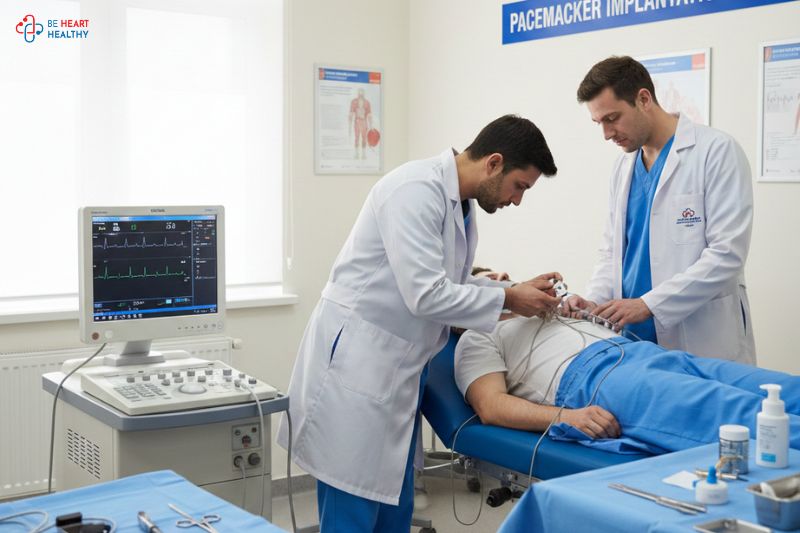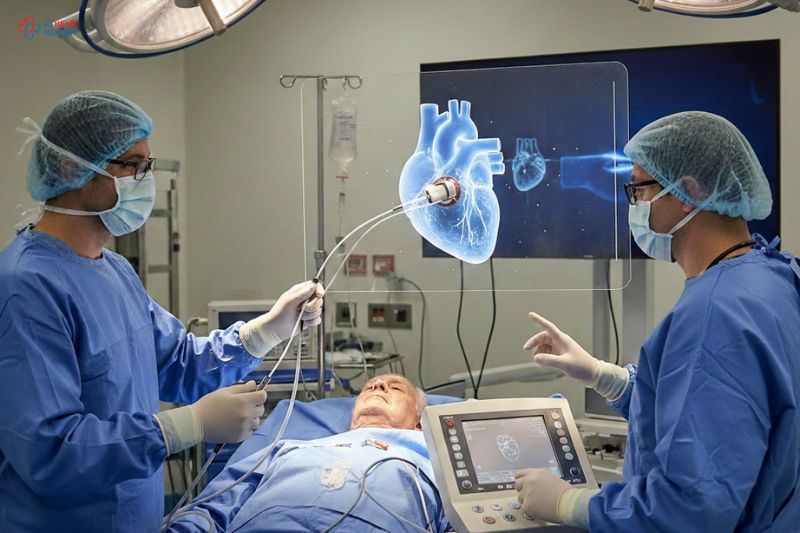Aspirin is a nonsteroidal anti-inflammatory drug (NSAIDs) and is the first drug to be discovered in this class. Aspirin contains an active agent called salicylate, which is a plant compound found in myrtle and willow tree. Willow bark was extensively used for pain relief and fever as a natural remedy in the past which was due to the presence of salicylate in it. NSAIDs have a range of effects depending on the dose administered including pain relief, anti-inflammatory effects, and reducing fever.
Aspirin has now become a common drug because of these effects, but it should not be used without a prescription or consultation with a doctor. Here are some of the clinical conditions in which aspirin can be used, if ordered by your doctor.
Pain and Swelling:
Aspirin helps to relieve pain and swelling ranging from mild to moderately associated with medical conditions such as common cold, headache, body aches, strains or sprains caused by accidents, and other long-term medical disorders such as arthritis and migraine. For severe pain and swelling, a doctor usually prescribes some other drug such as opioids in combination with aspirin or another NSAID. (1) For more information visit our Facebook page.
Prevention of Cardiovascular Events:
Aspirin is prescribed as a once-daily dose by doctors in some people in order to reduce the risk of cardiovascular events. However, the FDA has approved its once-daily dosing to reduce the risk of cardiac events only after being prescribed by the doctor. It is due to the fact that daily aspirin use can cause significant side effects and may have no significant benefit in some people. Usually, aspirin is prescribed for the following clinical disorders as a preventive agent for cardiovascular diseases:
- Patients with cardiac or vessels disease
- Decrease blood flow to the brain due to certain clinical disorders
- Hypertensive patients
- Patients with high cholesterol levels in the blood
- Diabetic patients and smokers
On the other hand, those people who take aspirin without the above-mentioned condition can get more harm as compared to the benefit of aspirin, so you need to consult your doctor before taking this medication.

High-Risk Cases who should take Aspirin:
According to 2016 recommendations from the United States Preventive Services Task Force, individuals aged 50-59 years can take a once-daily dose of aspirin to prevent cardiovascular disease and colorectal cancer. However, one should take aspirin who fulfills any of the following criteria:
- Do not have any risk of bleeding or not suffering from a bleeding disorder
- 10% risk for cardiovascular disease for 10 years
- The life expectancy of at least 10 years
- For treatment of coronary diseases
- Can take a once-daily dose of aspirin for at least 10 years
In individuals with a heart attack or stroke or any other cardiovascular event, the doctor immediately administers aspirin to prevent a further episode of a similar cardiovascular event. (1)
Other Clinical Uses:
Aspirin has significant clinical usage in individuals suffering from chronic diseases causing swelling and pain. These include the following:
- Rheumatic conditions, including osteoarthritis, rheumatoid arthritis, and other inflammatory joint conditions
- Pericarditis also called inflammation around the heart
- Systemic lupus erythematosus
In some cases, doctors prescribe low-dose aspirin in the following cases:
- Diabetic patients for more than 10 years
- Taking medications for high blood pressure
- High risk of colorectal cancer
- Retinopathy or retinal damage (3)
References:
- Kwok CS, Loke YK. Critical Overview on the Benefits and Harms of Aspirin. Pharmaceuticals (Basel). 2010 May 14;3(5):1491–506.
- Ittaman S v, VanWormer JJ, Rezkalla SH. The role of aspirin in the prevention of cardiovascular disease. Clin Med Res. 2014 Dec;12(3–4):147–54.
- Shadick NA, Karlson EW, Cook NR, Maher NE, Buring JE, Lee IM. Low-dose aspirin in the primary prevention of rheumatoid arthritis: the Women’s Health Study. Arthritis Care Res (Hoboken). 2010 Apr;62(4):545–50.



